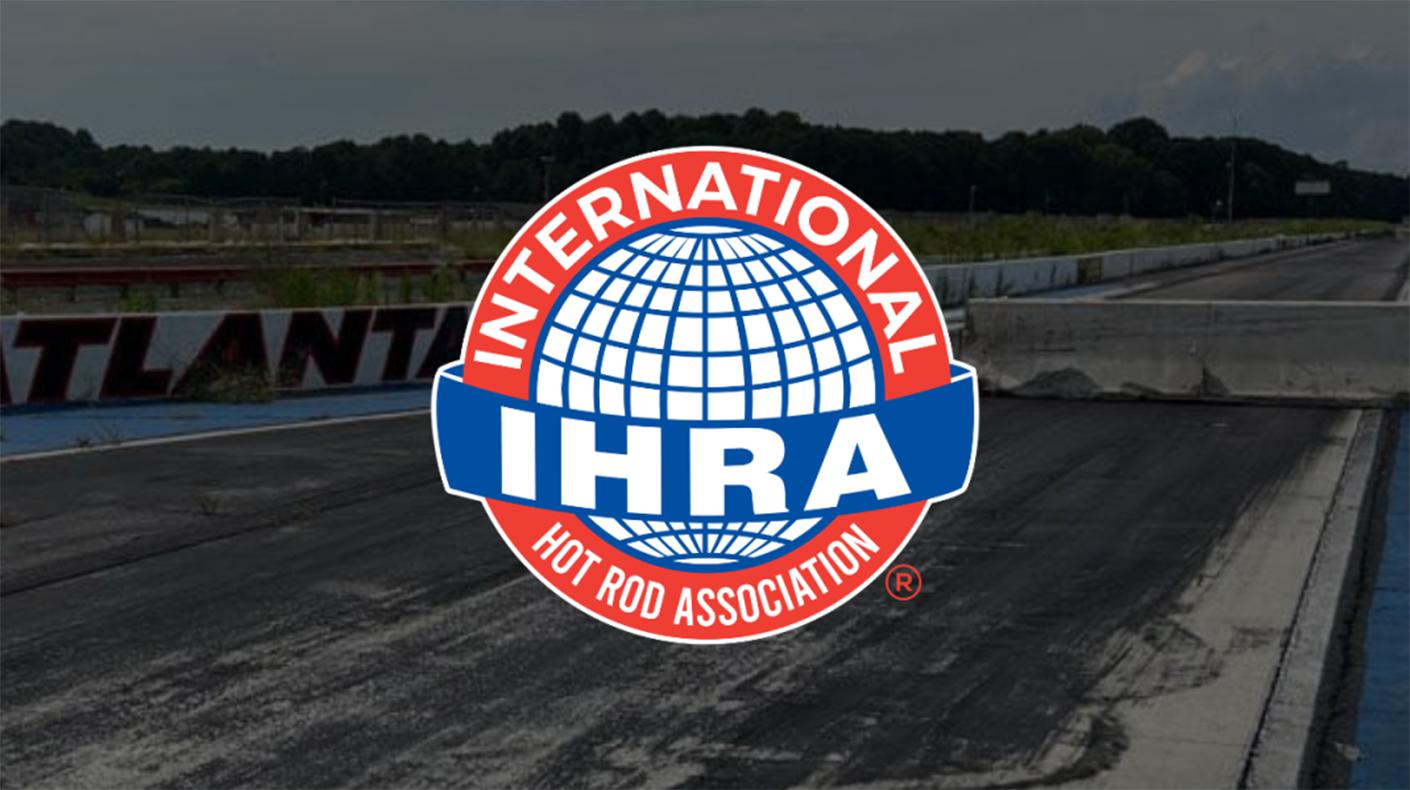By SEMA Washington, D.C., Staff
Democrats and Republicans remain deadlocked on the scope and cost of the next economic stimulus package. Weeks of negotiations between leaders on Capitol Hill and the Trump Administration for a fourth phase of COVID-19 relief stalled in July. House Democrats passed the “Health and Economic Recovery Omnibus Emergency Solutions (HEROES) Act” in May but it is widely recognized that this bill will not pass the Senate. The $3.4 trillion proposal includes funding for state governments, another round of direct payments for individuals, and a continuation of the expanded $600 per month unemployment benefits from the first stimulus package.
As the Senate returned from its August recess, a narrower $1 trillion Republican proposal is being considered on the Senate floor, although its ultimate passage uncertain. The bill includes $300-per-week in federal unemployment payments, another round of funding to aid small and medium-sized businesses, liability protections for businesses, and money for education.
While both Democrats and Republicans are motivated by the upcoming election and pressures from the American public as the COVID-19 pandemic continues to disrupt day-to-day life, the legislative path forward is unclear as neither side seems willing to compromise over cost or issues to be addressed. Both parties are using their bills to stake positions for future negotiations.
Something the two sides could come together on is their common interest in extending and modifying the Paycheck Protection Program (PPP). SEMA supports legislative proposals directing the Small Business Administration to create a one-page online or paper form to make it easy to file a forgiveness application for loans of $150,000 or less. Many companies have been holding-off on submitting a forgiveness application since the current form and paperwork requirements are burdensome. The legislation would include money to cover audit costs to help prevent the fraudulent use of PPP funds. The legislation will also allow eligible small businesses to take a second forgivable loan if they have experienced continued revenue losses.
The Republican bill includes a SEMA-supported liability protection provision for businesses, schools and health care providers that have taken proper COVID-safeguard precautions. At least 11 states have already enacted such measures which helps businesses reopen without the fear of frivolous suits.
For more information, contact Stuart Gosswein at stuartg@sema.org.





